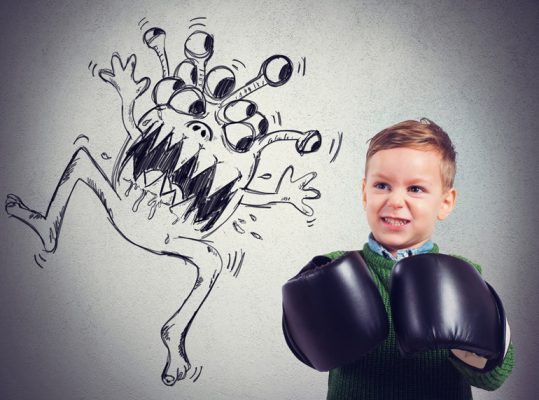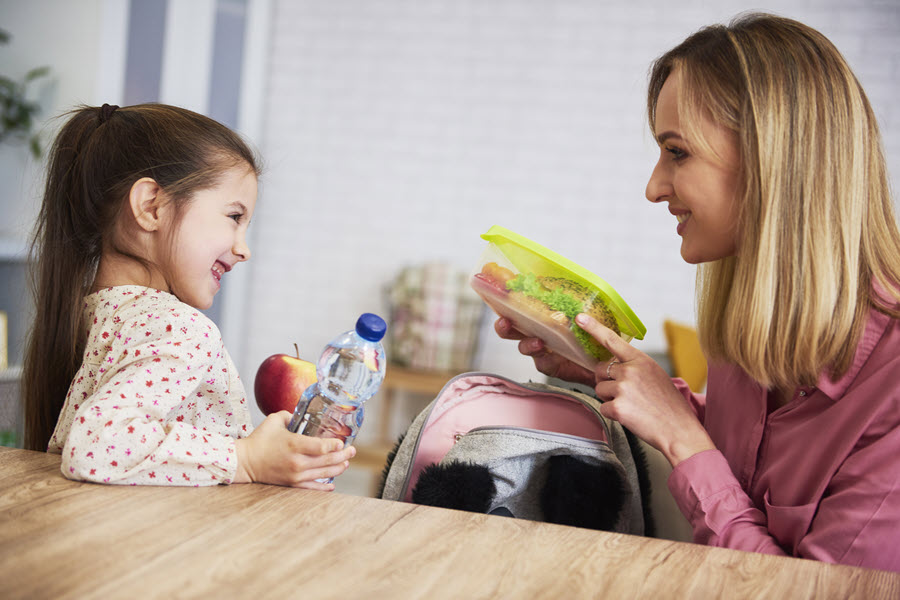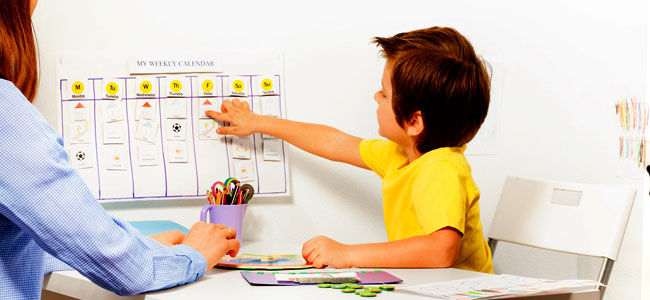
How to improve the immune system
HOW TO IMPROVE THE IMMUNE SYSTEM The immune system is our body’s natural defense made up of a complex network of cells, tissues and organs that work as a team to combat invading agents or infections, such as those caused by bacteria and viruses. This immune system is directly connected to our nervous system and […]
25 March, 2024

Healthy packed lunches for back to school
Purpose of a school lunchbox The lunchbox is a complement to a child’s or adolescent’s daily diet and does not replace other meals such as breakfast or lunch. It should provide 10 to 15% of the total energy required daily by the student so that they can perform adequately and their school performance is not […]
22 March, 2024

ORDER, ORGANIZATION and AUTONOMY
The development of children and adolescents goes through stages or periods in which a special predisposition to learn a specific skill arises. Observant parents will have noticed in their children that tireless enthusiasm for acquiring some skill, for example, learning to walk. These periods of development are known as sensitive, critical or sensitive periods. Order […]
22 March, 2024